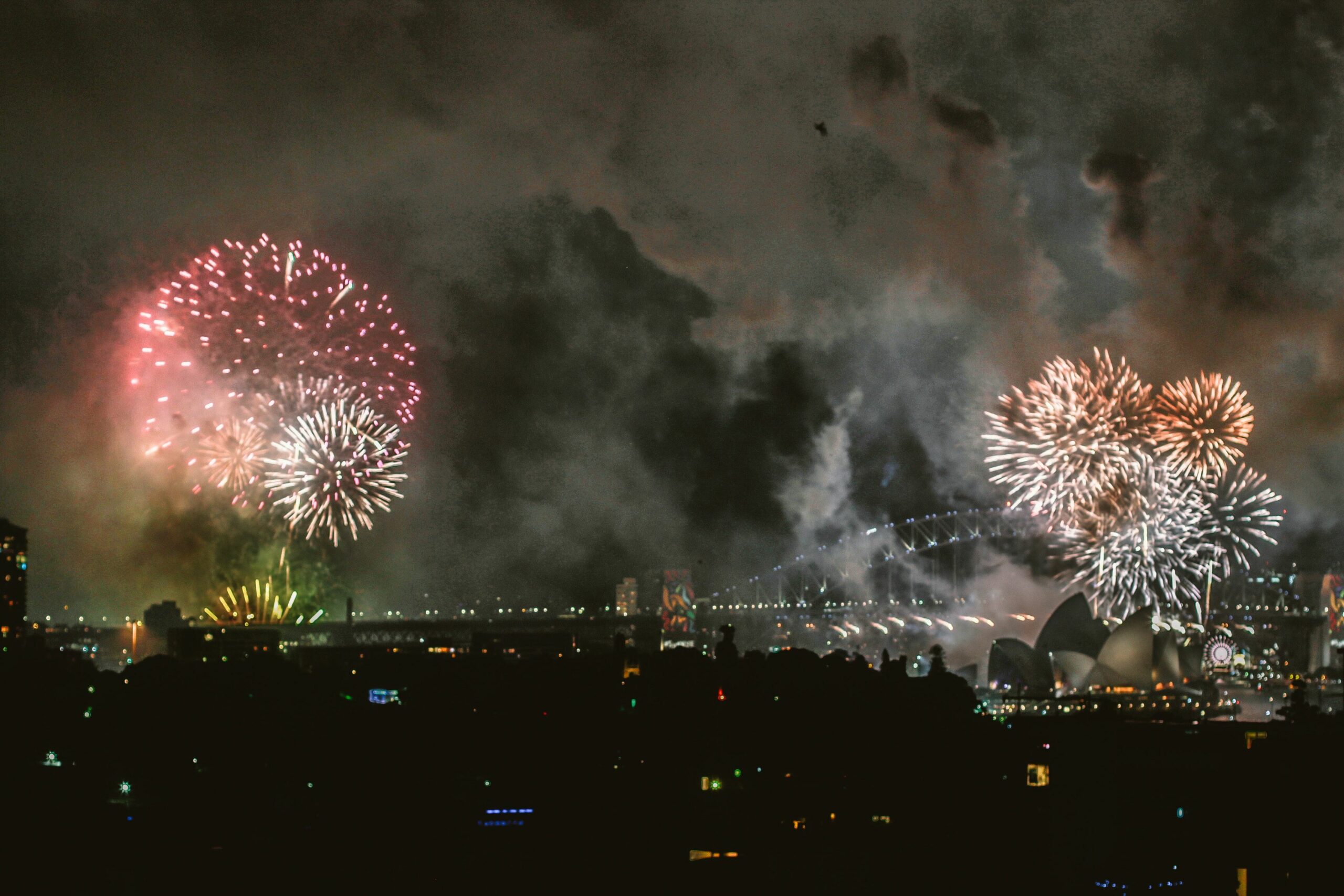 20 Oct 2022
20 Oct 2022
Contents
When is Diwali?
Diwali, the much-awaited festival of lights, usually falls between mid-October and mid-November each year. The specific date is determined by the Hindu lunar calendar and coincides with the darkest night of the new moon. The festivities span over five days, with each day carrying its own unique significance and traditions.
Who Celebrates Diwali and its Rich History?
Diwali, an ancient Hindu festival, holds a prominent place in the Indian calendar, as it also marks the Hindu New Year. The festival is celebrated by followers of Buddhism, Hinduism, Jainism, and Sikhism to honour the triumph of good over evil.
Each of these religions has its own unique reasons for observing this vibrant festival. A popular belief stems from the legend of Lord Rama and his wife Sita, who returned to their kingdom from exile after defeating the demon king Ravana in the 15th century BC. Today, large firework displays signify the fireworks let off on Lord Rama’s return. The festival’s occurrence on the darkest day of the new moon symbolises the victory of righteousness and the lifting of spiritual darkness.
Diwali: The Festival of Lights and Joy
The term “Deepawali” refers to rows of diyas or clay lamps, which are used to decorate homes during the festival. This is traditionally a time for families to clean their homes from top to bottom, take a special oil bath for cleansing, and wear new clothes. Diwali is also a time when families exchange gifts and share sweets, with many people donating food and clothing to those in need during this period.
How is Diwali Celebrated?
1. Visiting Friends and Relatives
Diwali is a time for friends and family to come together and celebrate the holiday. People wear their finest or new clothes to mark the occasion.
2. Decorations
Houses are adorned and illuminated both inside and out with diyas (lamps) and rangoli (array of lights). Rangoli, a traditional Indian art form dating back 5,000 years, features multi-colored decorations on floors and tabletops, symbolising wealth, joy, and prosperity.
3. Cooking a Feast
Food is a major part of Diwali festivities. A wide array of sweet and savory dishes and delicacies are prepared, enjoyed, and shared among loved ones.
4. Lights and Fireworks
In addition to lighting up their homes with diyas, people also use diyas to illuminate their surroundings. Fireworks and lighted lanterns are released into the night sky to create a dazzling spectacle.
5. Worship
Many people perform worship ceremonies for Lakshmi, the Goddess of prosperity and wealth, to celebrate and honour the triumph of good over evil.
6. The Giving of Gifts
Exchanging gifts and presents is an important part of Diwali celebrations. Everything from food, sweets, clothing, jewellery, and trinkets is given to friends and family members as a gesture of love and togetherness.
7. Traditional Dances and Music
Music and dance play a significant role in the Diwali celebrations, as people come together to enjoy traditional and contemporary performances. Folk dances such as Garba, Dandiya, and Bhangra are popular, reflecting the diverse cultural heritage of India.
8. Community Events and Fairs
During Diwali, many communities organise events and fairs to bring people together and celebrate the festival. These events often feature food stalls, handicrafts, games, and cultural performances, providing an opportunity for people of all ages to enjoy the festivities.
9. Cleaning and Renewal
Diwali is considered an auspicious time for cleaning and renewal. Many people take this opportunity to declutter their homes and workspaces, signifying the removal of negative energy and making room for positivity and growth.
10. Eco-friendly Celebrations
With growing environmental concerns, many people are adopting eco-friendly ways to celebrate Diwali. This includes using LED lights, biodegradable rangoli colours, and opting for noise-free, eco-friendly fireworks to minimise pollution and promote a greener festival.
In conclusion
Diwali is a time of joy, togetherness, and spiritual renewal. The Festival of Lights transcends religious boundaries, bringing people together to celebrate the victory of good over evil, light over darkness, and knowledge over ignorance. With its rich history, diverse traditions, and focus on unity, Diwali continues to be an integral part of the cultural fabric of India and beyond.




